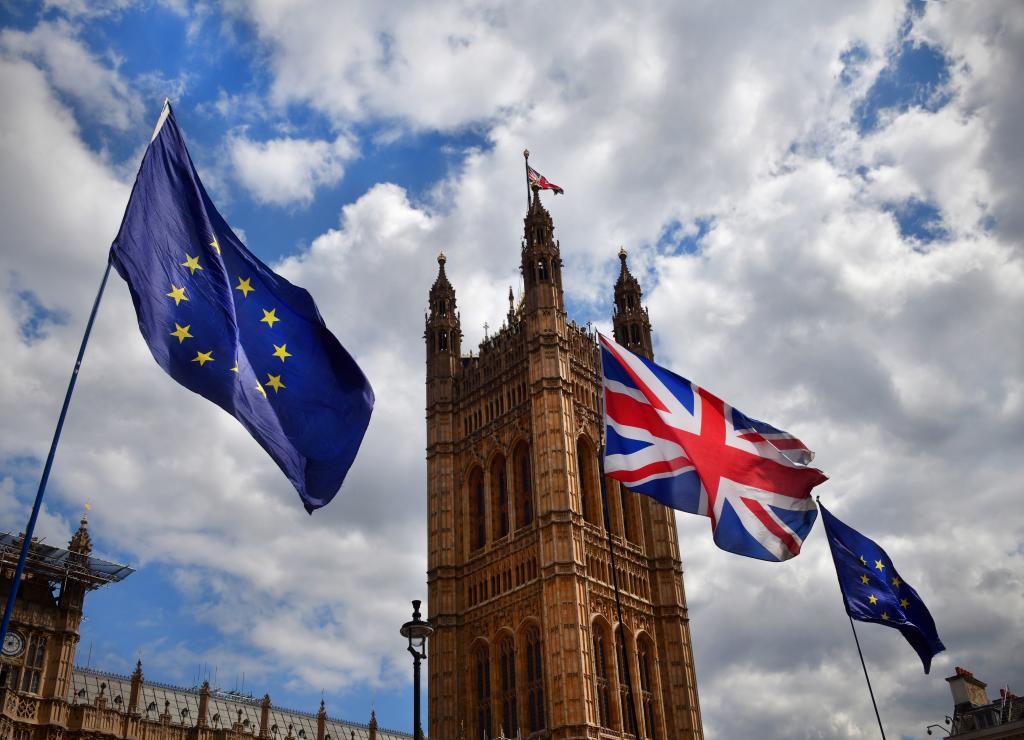Bright spot: pragmatism at the negotiation table
After months of ironclad refusal to reopen negotiations, the EU had to admit that its solution to prevent to hard border between Ireland and Northern Ireland – the infamous backstop provision to seal off, if needed, the Irish island from British mainland – would prevent any prospect of domestic ratification of the withdrawal agreement in the UK.
To allow for another solution, the EU had to abandon its rigid principle of not entering into specific aspects of its future relationship with the UK. Northern Ireland will officially be part of the UK’s customs territory but de facto follow EU’s customs rules given that the EU-UK customs border will be placed in the Irish Sea.
To reach this new solution, both sides had to cross some red lines – no outsourcing of its external border checks for the EU and no customs border in the Irish sea for the UK. This occurred because, in the words of EU Chief Negotiator Michel Barnier, "A unique situation must be dealt with using exceptional solutions".
Posturing on rigid principles seems to be over at the negotiation table and this is good, albeit late, news given the tight remaining schedule for the negotiation of the terms of the future arrangement by December 2020.
Clouds: fantasies and confrontational politics in Britain
The situation on the UK domestic front is less bright. Confrontational politics is still very much the only game in town in a country divided along different fraction lines, across and within parties, generations and regions. It is hard to see how the country will come to terms with its divisions and agree on how to steer the future short of a major upgrade of its two-party autocracy.
Yet, leading politicians are still more prone to “die in a ditch” and risk their respective parties’ political extinction and their country’s future welfare through political gambling rather than engage in serious cross-partisan dialogues and institutional reform. Nothing much has changed since David Cameron’s disastrous tactical choices.
Confrontational politics continues to fuel unrealistic expectations among the British electorate, with each leader making bold pledges regarding the UK’s future relationship with the EU and offering delusive visions for the future of the country – be it the rebirth of a global UK or the advent of a socialist society.
Fantasyland Britain is unlikely to reach a good deal on its future relationship with the EU in a bit more than a year from now.


